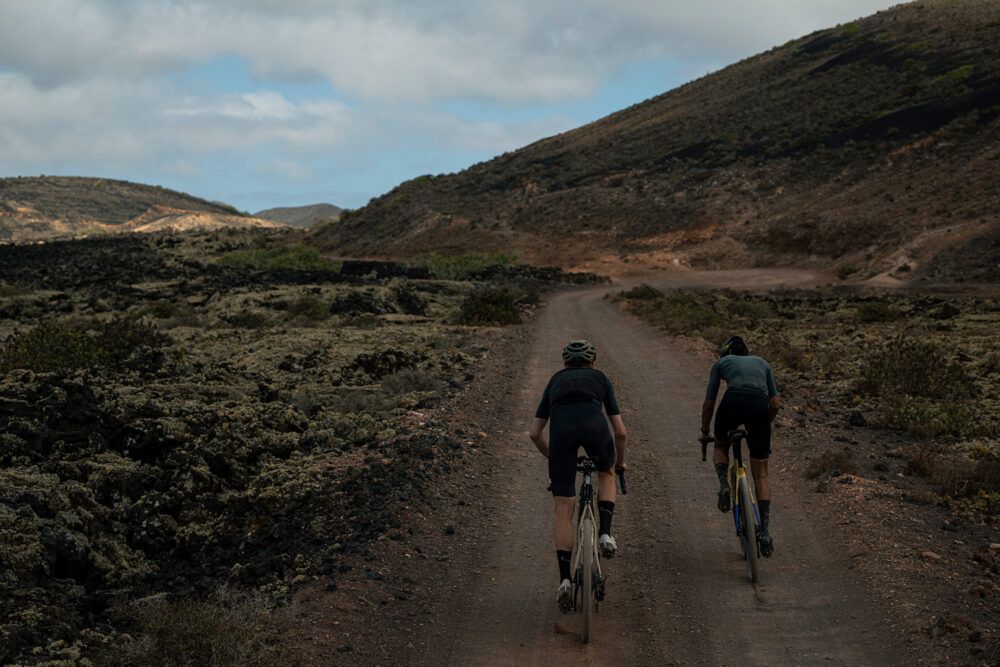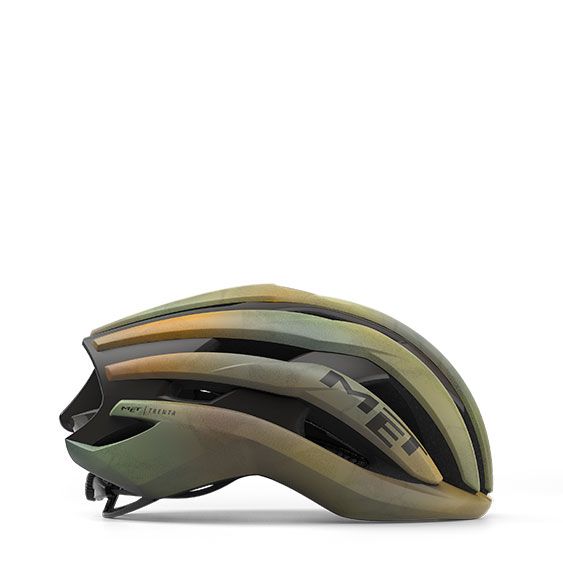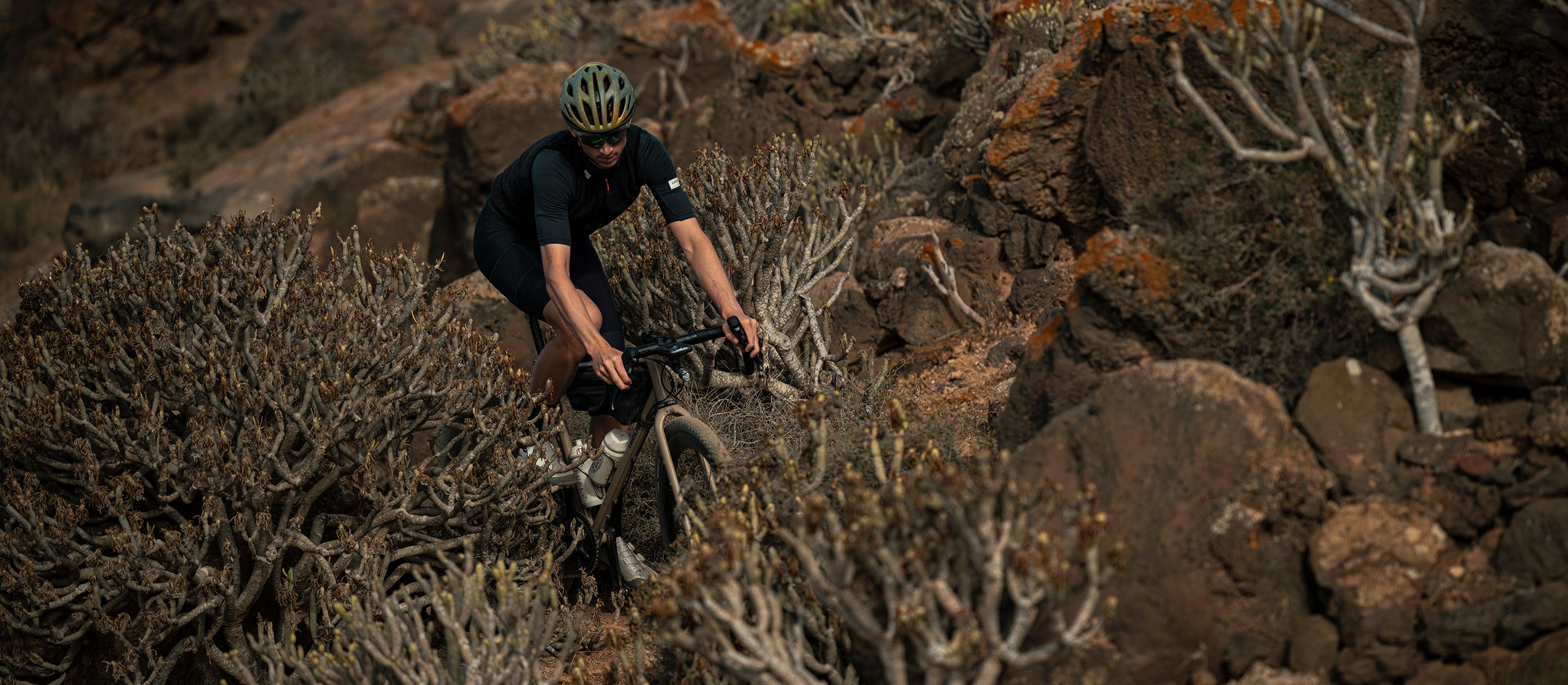
In conversation with off-road ultra racer Alex McCormack
There’s a quiet intensity to the way British ultra-distance racer Alex McCormack talks about riding. No big statements, no drama, just a steady focus that’s carried him to wins at some of the world’s hardest races. Based in Devon, Southwest England, he splits his time between long training days, part-time work as an engineer, and the kind of meticulous planning that endurance racing demands.
We sat down to talk about where it all started, what keeps him pushing, and how he finds balance between data, adventure, and wandering on the bike.
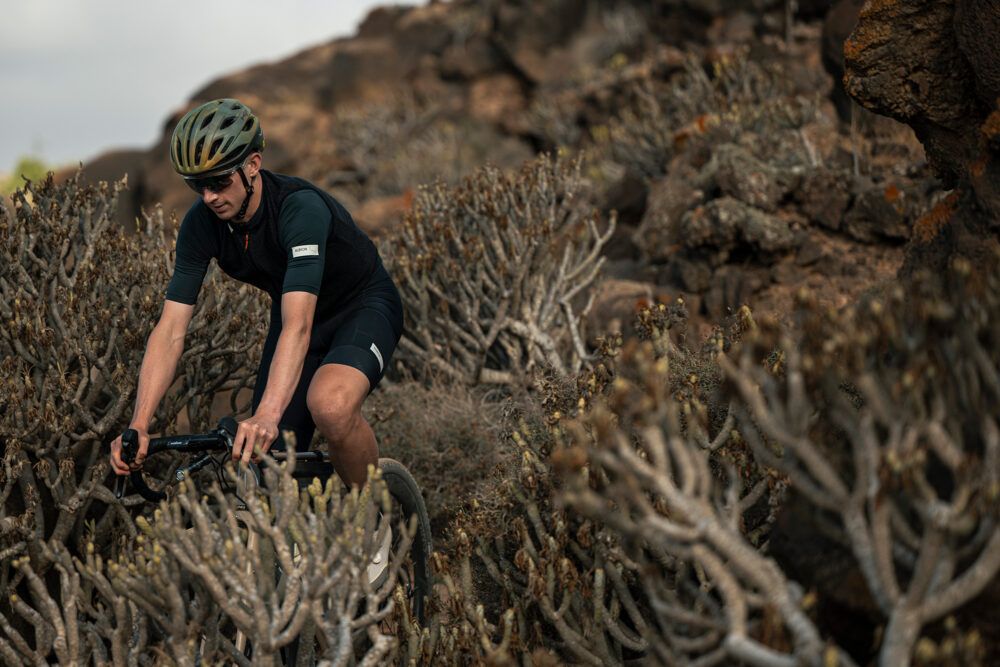
- How did a kid in Devon end up racing ultra-distance gravel?
So I actually grew up in the North East of the United Kingdom, before more recently moving down to Devon after University. After trying different race disciplines I was drawn to ultra racing because it felt like the purest form of adventure. Heading into the unknown with just a bike and seeing how far I can push myself. Every race is different from the weather, terrain, and endless challenges you can’t plan for. That’s what keeps it exciting. I’ve always been drawn to seeing where my limits are, and ultra gives me the space to find out.
- You rode all sorts of bikes growing up. Do you still have a favourite?
The variation is what I enjoy most, each bike has its own role in my training and lifestyle. Most of my training happens on the road, where the simplicity and lack of external variables lets me fully focus on performance. At the other end of the spectrum, the enduro bike is all about release, fun, flow, and usually riding with Jura, my trail dog. Then there’s the Holt, my XC race bike, built to take me the furthest and fastest away from civilisation. Together, they each keep me motivated and stoked to ride.
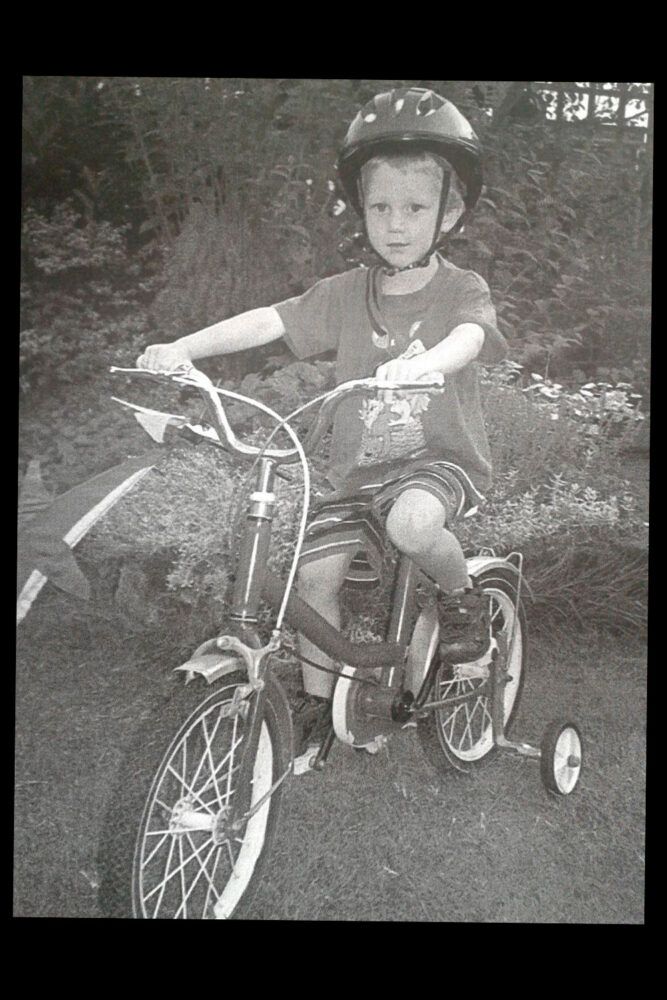
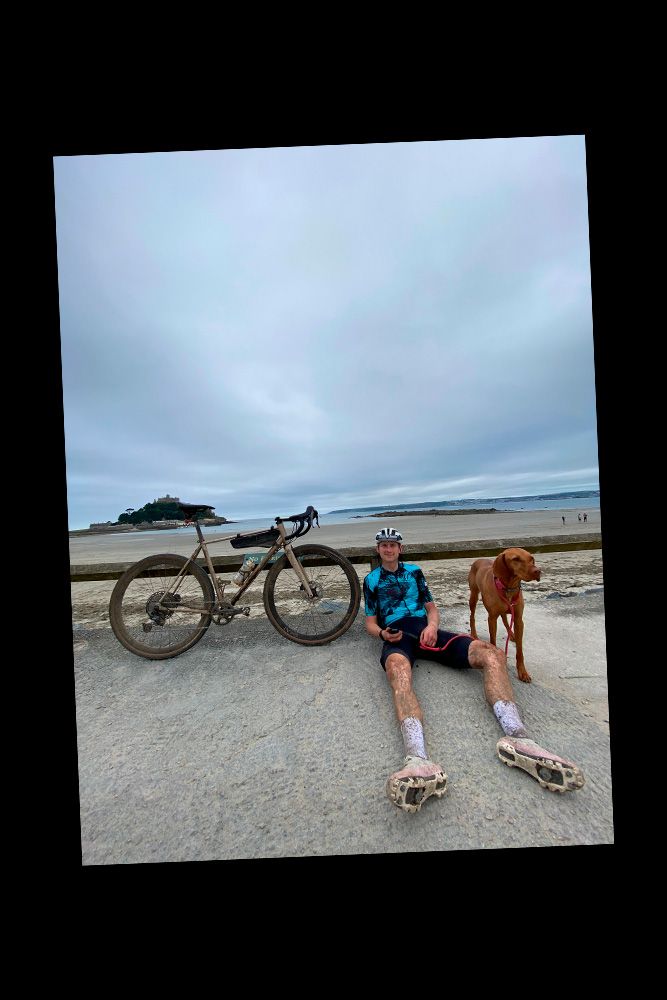
- Training is a big part of your life. Walk us through a day in your life in the build-up to an ultra—what does it actually look like?
-
No two days ever look quite the same, and that’s a big part of the appeal of this lifestyle. In the lead-up to a race, my time is usually divided between planning the logistics, fine-tuning the kit and bike to make sure everything’s running perfectly, and training (or tapering, depending on how close race day is). Alongside that, I’m still walking the dog and keeping up with my work as an Engineer.
- Engineer by trade. Do spreadsheets and calculations creep into your racing?
Planning and tables plays a big part of having a successful race. Predicting resupply and timings I find to be a pretty important factor in the remote races where food is few and far between. Spreadsheets creep more into my training as lactate curves and power graphs are used as key performance trackers. The feedback from numbers is definitely something I love to keep an eye on for its objective feedback.
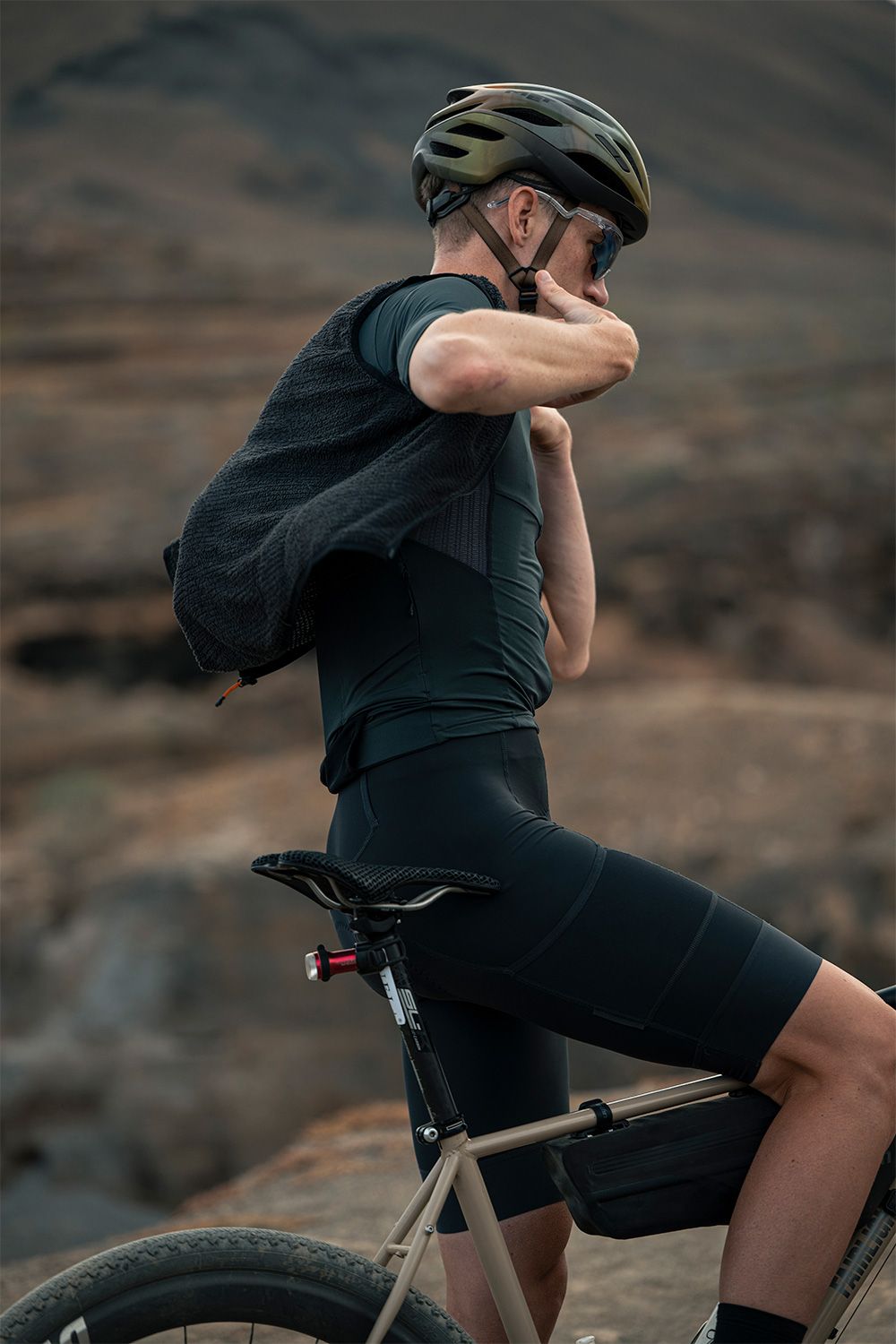
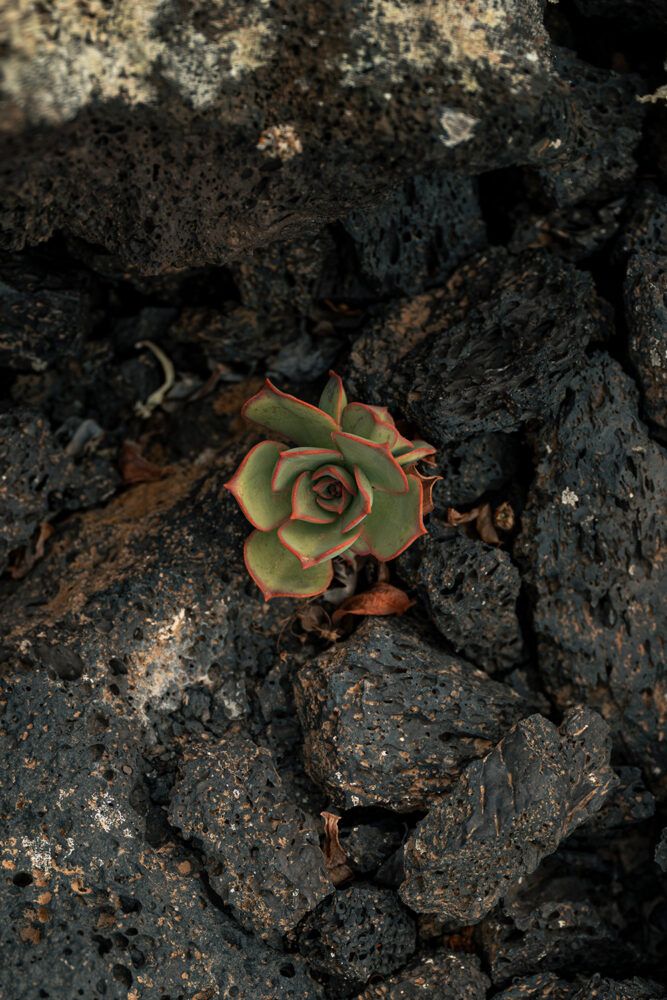
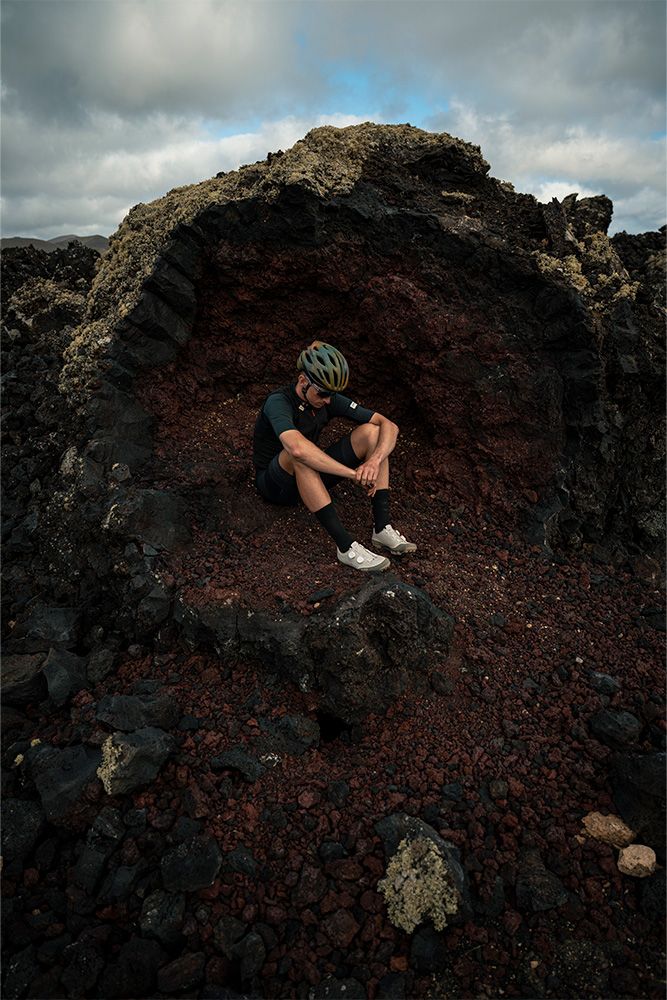
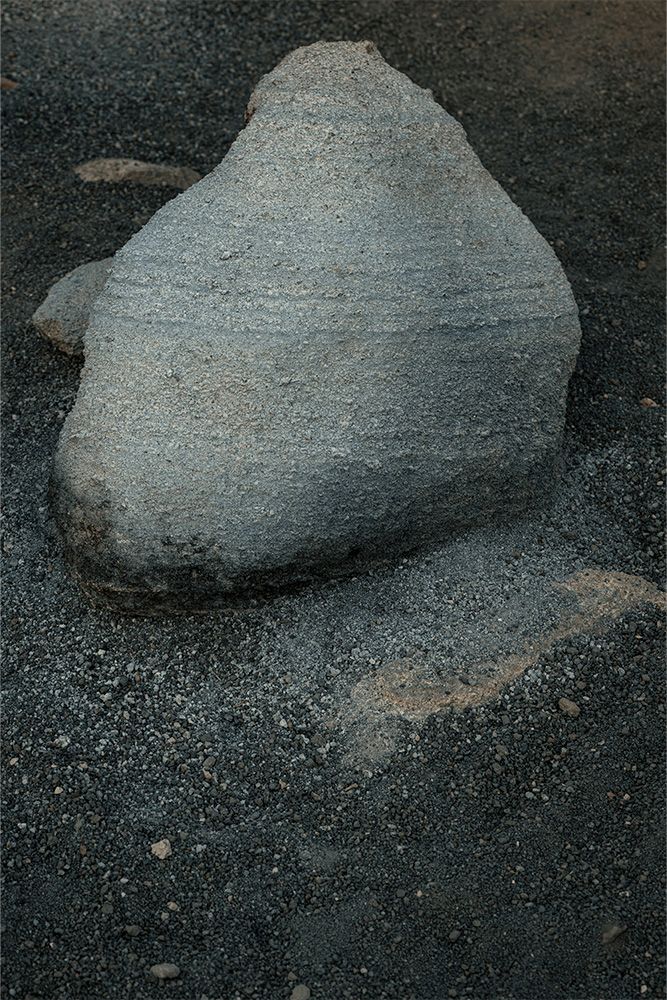
- You recently set a World Record for Double Everesting by bike—take us through the attempt.
The repetition of this one began to wear on me - a relentless rhythm that tested more than just the legs. The climb was hard-won, the descent touched 99km/h, but it was the mental battle that truly took centre stage.
I set out with a strange kind of focus; just five songs on repeat, looping like the effort itself.
I wanted to see what the body could do when fully supported, but l underestimated the mental toll. Still, after learning some hard lessons after a failed attempt, I'm proud I turned it around in just over a week.
There's a quiet symmetry to it, my first big endurance effort was an Everest in Morzine in 2019. Feels full circle. I'm stoked to see how far l've come.
- Silk Road Mountain Race this year—second place after 7 days and 26 hours. What went right, what went wrong during those 1,900 km in Kyrgyzstan?
It was a pretty wild time out in Kyrgyzstan, the route isn’t one to be underestimated. There’s some pretty gnarly sections including glacial rivers and remote terrain. What went right? The bike and kit all delivered its job. Bar some routine punctures the kit kept me safe and the bike got me to this finish. No mean feat in that terrain. What went wrong? The body took a beating, food poisoning after a dodgy resupply meant I lost touch with the front of the race. It was a hard fought finish but managed to make it to the end.
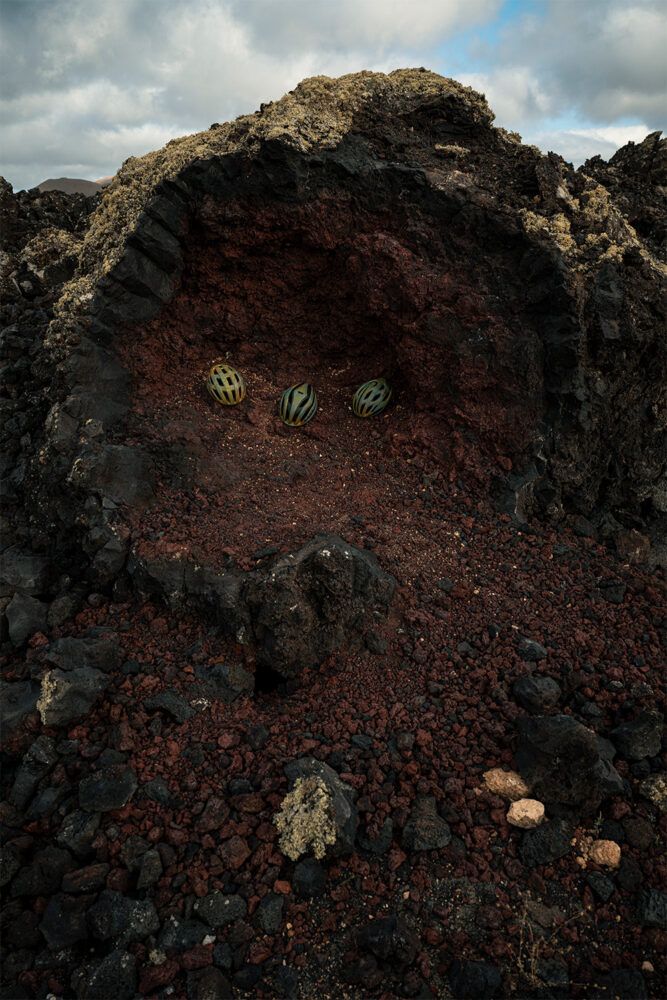
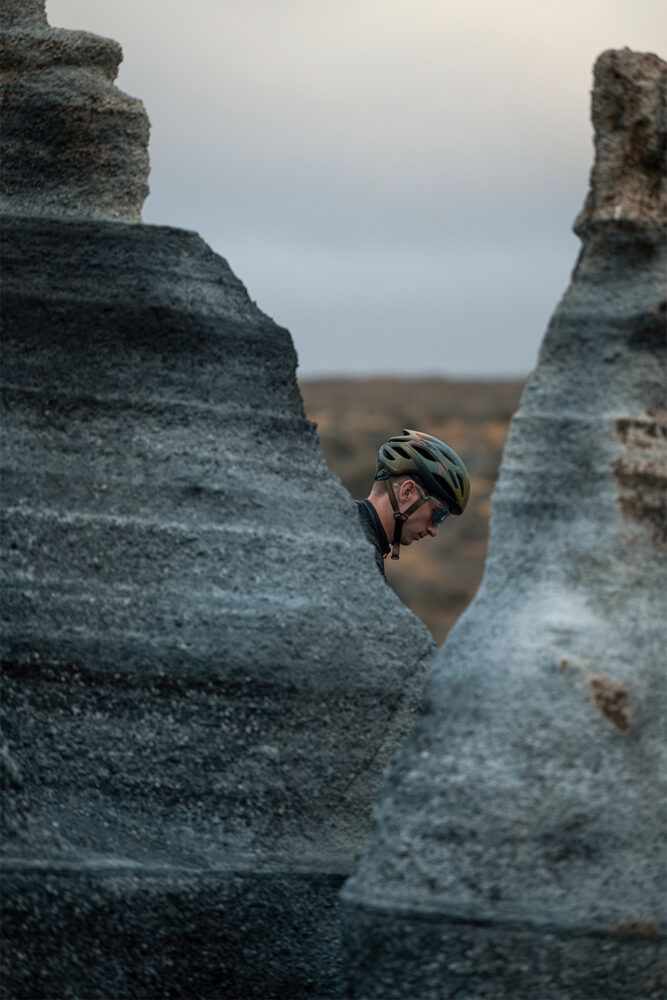
- For 2026, we heard the Triple Crown in the US is on your radar, aiming to win the Tour Divide, Colorado Trail and Arizona Trail. What excites you most about chasing this dream?
I enjoy seeking out new challenges, for me the triple crown was the logical next step. Having never been to the USA I’m excited to see what adventures it holds, on and off the bike. All whilst pushing my own limits.
- Ultras are brutal—how do you stay focused when everything hurts?
In a multi-day race, low points are inevitable, but I have a few ways to keep moving forward. I like to mentally break the route into chunks, often focusing on simply reaching the next resupply or checkpoint. I also try to remember that I genuinely enjoy riding my bike. No matter how tough the day feels, it’s still better than most other options, and I rarely forget that.
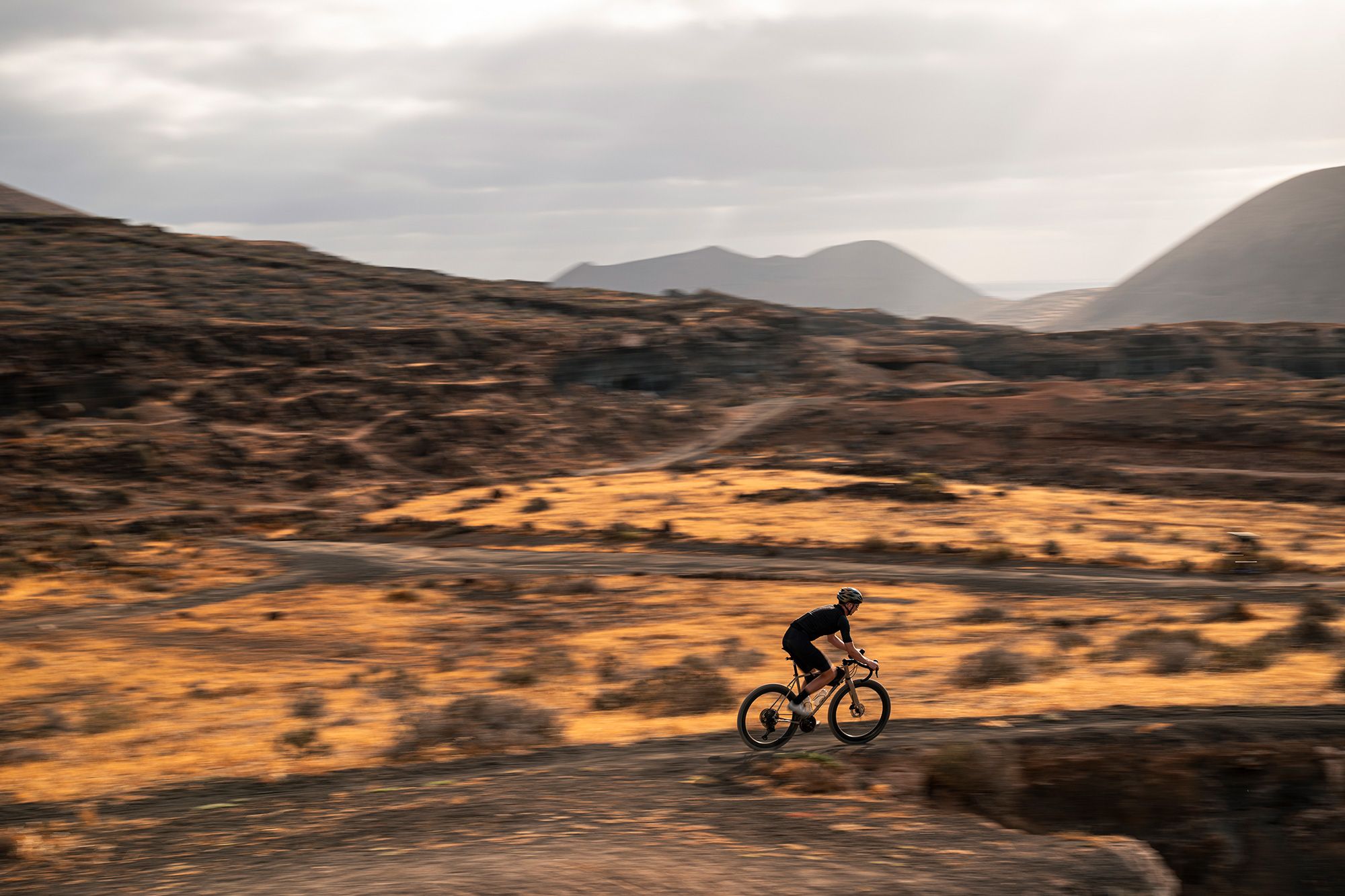
- Favourite ride or moment so far, and why does it stick?
-
The 2024 Highland Trail 550 stands out for me as the first ride where I was able to put a plan together and see it through. It felt like a breakthrough, and setting the FKT on such a prestigious route in challenging conditions was something I was pretty proud of.
- Off the bike, how do you recharge?
Outside of cycling most of my hobbies are centred around water. Whether freediving, sailing or surfing I find being around the sea relaxing. Time spent with the dog and good coffee are also non-negotiable most days.
One piece of advice for anyone thinking about their first ultra-distance gravel race?
Above all give it a go, you’re probably capable of more than you thought.
